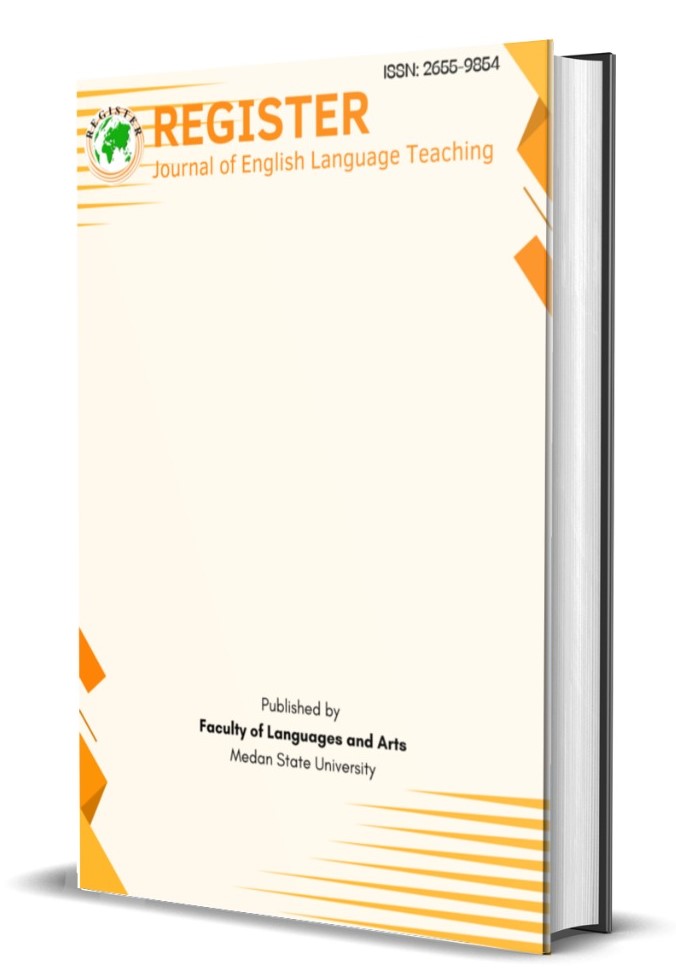The Role of Pragmatics in Improving English Listening and Speaking Skills
DOI:
https://doi.org/10.24114/reg.v14i2.67303Abstract
Pragmatics is the study of how we make sense of what others say when we talk. Meaning links our words with our body language. It can change depending on the circumstance, the relationship between the individuals, and other social variables. Its quick growth has made English a worldwide language that brings people together. English is a language that many people from different places and cultures can speak. In everyday life, people use English in many different situations and talk in many different ways. Speakers need to know about different aspects of pragmatics to avoid misunderstandings when they talk and listen. Using English in fun and interesting ways can help everyone, especially those learning it as a second language, get better at talking and writing. Thomas describes "down to soil competence" as the ability to think carefully about what words mean.. It seems like you just shared a number (524) without any extra information or instructions. Please show me the text you want me to make easier to understand. Being good at business means you can talk clearly and choose the right words for different people and situations. The main goal for anyone teaching English to people who don’t speak it as their first language is to help them get better at it, which can be difficult. Keywords: Pragmatics Listening and speaking EnglishDownloads
Published
Issue
Section
License
Copyright (c) 2025 Dea Saharani, Huda Hizkia Ahmad Siregar, Syafira Hasan Hasibuan, Alya Fadhillah Dalimunthe, Deasy Yunita Siregar

This work is licensed under a Creative Commons Attribution-NonCommercial-ShareAlike 4.0 International License.
Authors who publish with this journal agree with the following terms:
- Authors retain copyright and grant the journal right of first publication with the work simultaneously licensed under a Creative Commons Attribution License that allows others to share the work with an acknowledgment of the work's authorship and initial publication in this journal.
- Authors are able to enter into separate, additional contractual arrangements for the non-exclusive distribution of the journal's published version of the work (e.g., post it to an institutional repository or publish it in a book), with an acknowledgement of its initial publication in this journal.
- Authors are permitted and encouraged to post their work online (e.g., in institutional repositories or on their website) prior to and during the submission process, as it can lead to productive exchanges, as well as earlier and greater citation of published work (See The Effect of Open Access).
- This work is licensed under a Creative Commons Attribution-ShareAlike 4.0 International License.








